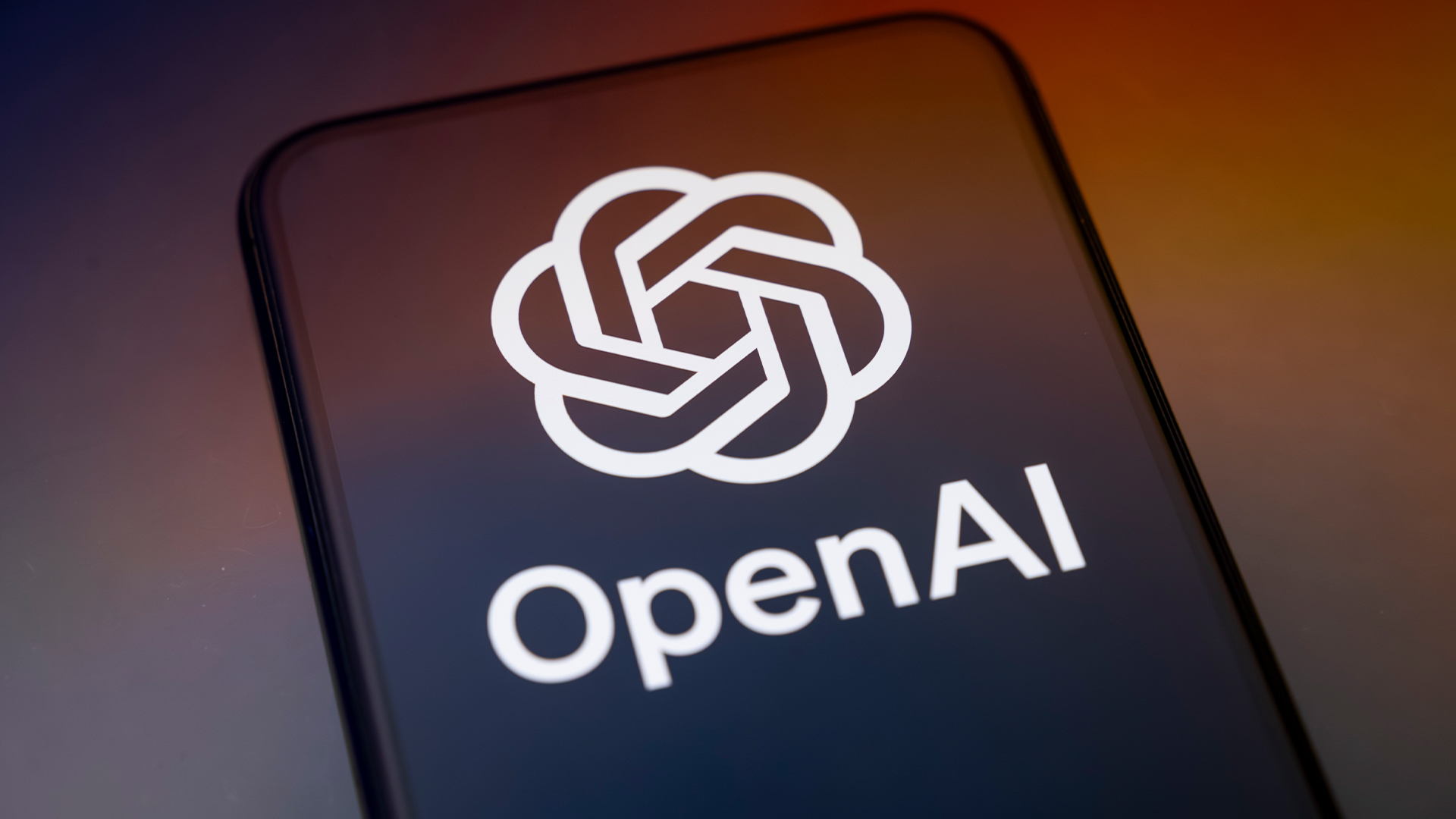UK firms are pulling ahead of EU competitors in the AI race – here's why
Unhampered by red tape, UK firms are quicker to deploy AI projects and less likely to abandon them


UK organizations are pulling ahead of EU competitors in implementing AI, new research suggests, and a key factor lies in their confidence about regulatory compliance.
Almost a quarter of UK CEOs told AI firm Daikatu they have a formal roadmap for AI implementation over the next year, double the global average and nearly five times as many as in Germany.
And while four-in-ten CEOs in France and a third in Germany said they'd cancelled an AI project due to regulatory uncertainty, only one-in-five UK CEOs said the same.
Florian Douetteau, CEO and co-founder of Dataiku, said the contrasting regulatory landscapes on both sides of the English Channel are enabling British firms to capitalize on the AI ‘boom’.
"The market research in our report suggests reduced regulatory uncertainty is giving UK businesses the clarity to act — accelerating innovation and adoption, even as AI evolves at a relentless pace," Douetteau said.
"Working with our enterprise customers, we have seen first-hand that when CEOs have confidence in compliance and control over governance, they can move faster, scale smarter, and fully capitalize on AI’s potential."
Hesitation over AI regulation is a global issue, the study noted, with eight-in-ten CEOs concerned that the EU AI Act could slow adoption in their organizations.
Sign up today and you will receive a free copy of our Future Focus 2025 report - the leading guidance on AI, cybersecurity and other IT challenges as per 700+ senior executives
The Act brings with it a common regulatory and legal framework for AI, and is aimed at ensuring AI development and deployment in the EU is carried out responsibly.
However, there's been plenty of room for confusion and uncertainty, with the latest draft of the General-Purpose AI Code of Practice published only recently, and potentially set for more changes before it comes into force in May.
"The EU AI Act has raised more questions than it answered, and in the process has seen businesses within its jurisdiction become increasingly cautious with their AI programmes," said Jacob Beswick, senior director of AI governance at Dataiku and former UK assistant director for AI adoption and regulation.
"Heavier regulations in the EU mean there are more restrictions on what you can and cannot operationalize and put on the market than in the UK, in turn arguably making the UK an attractive market for AI innovators."
Firms still conscious of AI governance
CEOs acknowledged that while AI is a critical competitive differentiator, their organizations often lack the governance, planning, and oversight needed to carry projects out successfully.
RELATED WHITEPAPER

While eight-in-ten CEOs globally said they were confident in their company’s AI governance framework, or their ability to set rules around data access and privacy, only a third of these described themselves as extremely confident.
Overall, more than a third of CEOs said their AI projects had been delayed due to regulatory uncertainty, with 32% having canceled or abandoned them altogether.
However, Beswick noted that while regulatory considerations may slow down AI implementation, those without stricter guidelines must ensure they are creating AI products “with risk awareness in mind, as opposed to simply doing so because they can”.
MORE FROM ITPRO
Emma Woollacott is a freelance journalist writing for publications including the BBC, Private Eye, Forbes, Raconteur and specialist technology titles.
-
 Former Google engineer convicted after stealing AI, supercomputing secrets
Former Google engineer convicted after stealing AI, supercomputing secretsNews Linwei Ding told Chinese investors he could build a world-class supercomputer
-
 OpenAI sets February retirement date for popular GPT-4o model
OpenAI sets February retirement date for popular GPT-4o modelNews OpenAI has confirmed plans to retire its popular GPT-4o model in February, citing increased uptake of its newer GPT-5 model range.
-
 Business leaders are using AI as a “license to reduce headcount” – new Morgan Stanley research lays bare the impact on UK workers
Business leaders are using AI as a “license to reduce headcount” – new Morgan Stanley research lays bare the impact on UK workersNews Analysis of five sectors highlights an "early warning sign" of AI’s impact on jobs
-
 Lloyds Banking Group wants to train every employee in AI by the end of this year – here's how it plans to do it
Lloyds Banking Group wants to train every employee in AI by the end of this year – here's how it plans to do itNews The new AI Academy from Lloyds Banking Group looks to upskill staff, drive AI use, and improve customer service
-
 CEOs are fed up with poor returns on investment from AI: Enterprises are struggling to even 'move beyond pilots' and 56% say the technology has delivered zero cost or revenue improvements
CEOs are fed up with poor returns on investment from AI: Enterprises are struggling to even 'move beyond pilots' and 56% say the technology has delivered zero cost or revenue improvementsNews Most CEOs say they're struggling to turn AI investment into tangible returns and failing to move beyond exploratory projects
-
 Companies continue to splash out on AI, despite disillusionment with the technology
Companies continue to splash out on AI, despite disillusionment with the technologyNews Worldwide spending on AI will hit $2.5 trillion in 2026, according to Gartner, despite IT leaders wallowing in the "Trough of Disillusionment" – and spending will surge again next year.
-
 A new study claims AI will destroy 10.4 million roles in the US by 2030, more than the number of jobs lost in the Great Recession – but analysts still insist there won’t be a ‘jobs apocalypse’
A new study claims AI will destroy 10.4 million roles in the US by 2030, more than the number of jobs lost in the Great Recession – but analysts still insist there won’t be a ‘jobs apocalypse’News A frantic push to automate roles with AI could come back to haunt many enterprises, according to Forrester
-
 Businesses aren't laying off staff because of AI, they're using it as an excuse to distract from 'weak demand or excessive hiring'
Businesses aren't laying off staff because of AI, they're using it as an excuse to distract from 'weak demand or excessive hiring'News It's sexier to say AI caused redundancies than it is to admit the economy is bad or overhiring has happened
-
 Lisa Su says AI is changing AMD’s hiring strategy – but not for the reason you might think
Lisa Su says AI is changing AMD’s hiring strategy – but not for the reason you might thinkNews AMD CEO Lisa Su has revealed AI is directly influencing recruitment practices at the chip maker but, unlike some tech firms, it’s led to increased headcount.
-
 Accenture acquires Faculty, poaches CEO in bid to drive client AI adoption
Accenture acquires Faculty, poaches CEO in bid to drive client AI adoptionNews The Faculty acquisition will help Accenture streamline AI adoption processes
